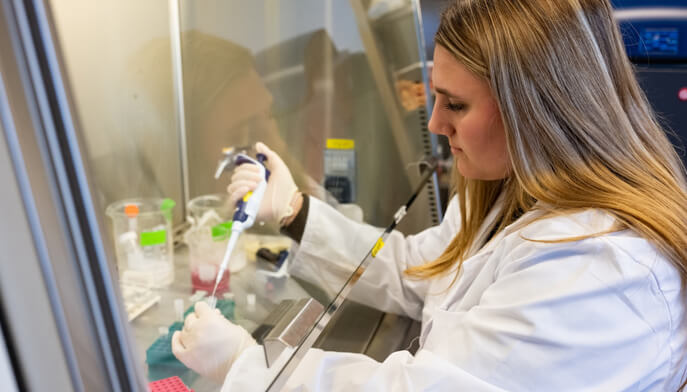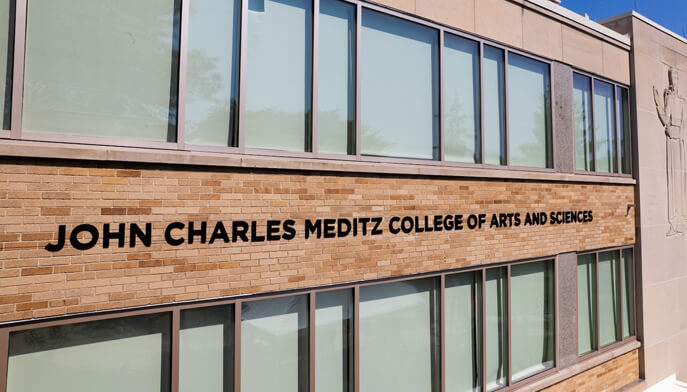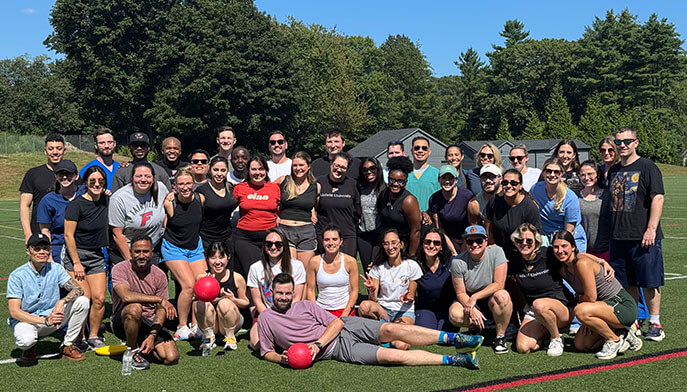Under the guidance of engineering faculty members, the Summer Research Residency program provided opportunities for undergraduates to apply theoretical knowledge to a breadth of hands-on research projects.
Mechanical engineering students Gabriel Grant ’23, Lorenzo Arabia ’25, and Aldino Guadagnino ’25 conducted research under the direction of associate professor of electrical and biomedical engineering Djedjiga “Gigi” Belfadel, PhD, for a project entitled “The Future of Drone Navigation: Autonomous Swarms Using IMU and Optical Flow in GPS Denied Areas.” Their research is focused on developing an alternative navigation system that allows drones to execute autonomous missions, even in environments that lack reliable Global Positioning System (GPS) signals.
“This research is groundbreaking because it directly tackles a significant limitation in drone navigation, that is, its dependency on the availability of GPS,” said Dr. Belfadel. “The research led to the development of a navigation system capable of operating in the absence of a GPS signal, therefore improving the reliability and effectiveness of drone performance. This becomes extremely important in disaster response or defense, where GPS signals may be unreliable or unavailable.”
Under the mentorship of assistant professor of biomedical engineering Isaac Macwan, PhD, biomedical engineering student Jacob Bornstein ’25 looked at combining 3D printing and electrospinning for tissue engineering. The objective of this project was to determine the optimal parameters to grow scaffolds for organs and tissues.
In another project, Thomas Pris ’26 and Michael Sylvester ’25 designed an iso-damping dynamometer to measure plantar flexion, the extension of the ankle where the foot points downwards. Based upon previous device designs, the students engineered an updated iso-damping dynamometer that is also mobile, for use outside of a lab.
Other research projects conducted on campus this summer ranged from robotic arm programming to identifying the needs for virtual reality-based nursing training approaches.
At the conclusion of the program, each student received a completion certificate and presented their posters at a summer symposium.
Learn more about the School of Engineering and Computing at fairfield.edu/engineering.



